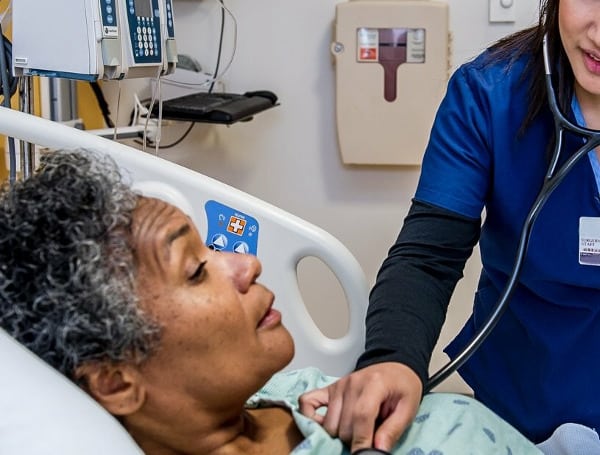As the demand for healthcare services rises, the need for qualified nursing professionals intensifies. Registered Nurses (RNs) seeking career growth are increasingly turning to Bachelor of Science in Nursing (BSN) programs. This trend not only advances individual careers but also addresses critical staffing shortages in healthcare facilities.
In recent years, the healthcare landscape has faced significant challenges due to a shortage of qualified nursing professionals. The state’s growing population has heightened the demand for skilled care, making it crucial for healthcare facilities to have a well-equipped workforce. A competent nursing staff is essential to improving patient outcomes and alleviating staffing issues that strain existing resources. Many RNs are now considering the RN to BSN program as a viable solution to enhance their qualifications and meet the increasing demands of the healthcare sector.
Florida’s Nursing Shortage
Florida’s expanding population continues to drive the demand for healthcare services, particularly in regions with rapidly growing communities. As more individuals seek medical attention, the strain on hospitals and clinics becomes evident. High vacancy rates in these facilities hinder their ability to provide optimal patient care, underscoring the urgent need for more nursing professionals.
The burden of unfilled positions is felt keenly across various healthcare settings. In Tampa, the situation mirrors statewide trends where facilities struggle to meet patient needs due to staff shortages. The gap between available positions and qualified candidates is widening, necessitating immediate solutions to maintain healthcare standards.
The Role of an RN to BSN Program in Career Growth
When it comes to RN to BSN programs in Tampa, such courses provide a pathway for Registered Nurses to build upon their existing credentials. This educational bridge enhances clinical knowledge and develops leadership skills essential for career advancement. Coursework typically covers topics such as community health, evidence-based practice, and advanced patient care strategies.
Enhancing these skills allows RNs to adapt to changing healthcare environments and better serve patients with complex needs. By pursuing further education, nurses are equipped with tools necessary for advancing into specialized roles or taking on leadership positions within healthcare organizations.
Addressing Shortages Through Education
Higher education in nursing not only benefits individual career trajectories but also strengthens the overall healthcare system. Nurses with a BSN are prepared to handle intricate patient scenarios, contributing to a more efficient care delivery model. BSN-prepared nurses, who have undertaken RN to BSN programs in Tampa, improve patient safety and quality outcomes significantly.
This level of expertise allows nurses to transition into roles that are critical in maintaining operational effectiveness within medical facilities. The ability of BSN-prepared nurses to step into supervisory roles ensures that staffing shortages are addressed more effectively, enhancing both service delivery and patient satisfaction.
Flexibility for Working Nurses
Nursing professionals often juggle demanding schedules and personal commitments, making flexible learning options essential. Many programs offer online or hybrid formats that enable RNs to study while maintaining their current roles. This flexibility allows nurses to balance work, study, and life obligations seamlessly.
By accommodating diverse learning styles and schedules, these programs provide an opportunity for RNs to advance their education without compromising their professional responsibilities. The accessibility of such programs encourages more nurses to pursue further qualifications, ultimately benefiting the entire healthcare system.
Impact on Tampa’s Healthcare System
The pursuit of a BSN equips nurses with advanced skills that prepare them for leadership roles within local hospitals and clinics. Encouraging RNs to enhance their qualifications helps address staffing vacancies and improves employee retention rates significantly. More BSN-trained nurses, of course, will fuel the region’s overall healthcare growth.
This educational advancement fosters a culture of continuous improvement and professionalism within medical teams. By supporting RNs in their educational pursuits, healthcare organizations can build a robust workforce capable of meeting the evolving needs of their communities.
Long-term Benefits for Tampa Nurses
Earning a BSN opens doors to numerous career opportunities, including management positions and specialized clinical roles. The potential for higher salaries and increased job stability further incentivizes nurses to pursue this educational path.

